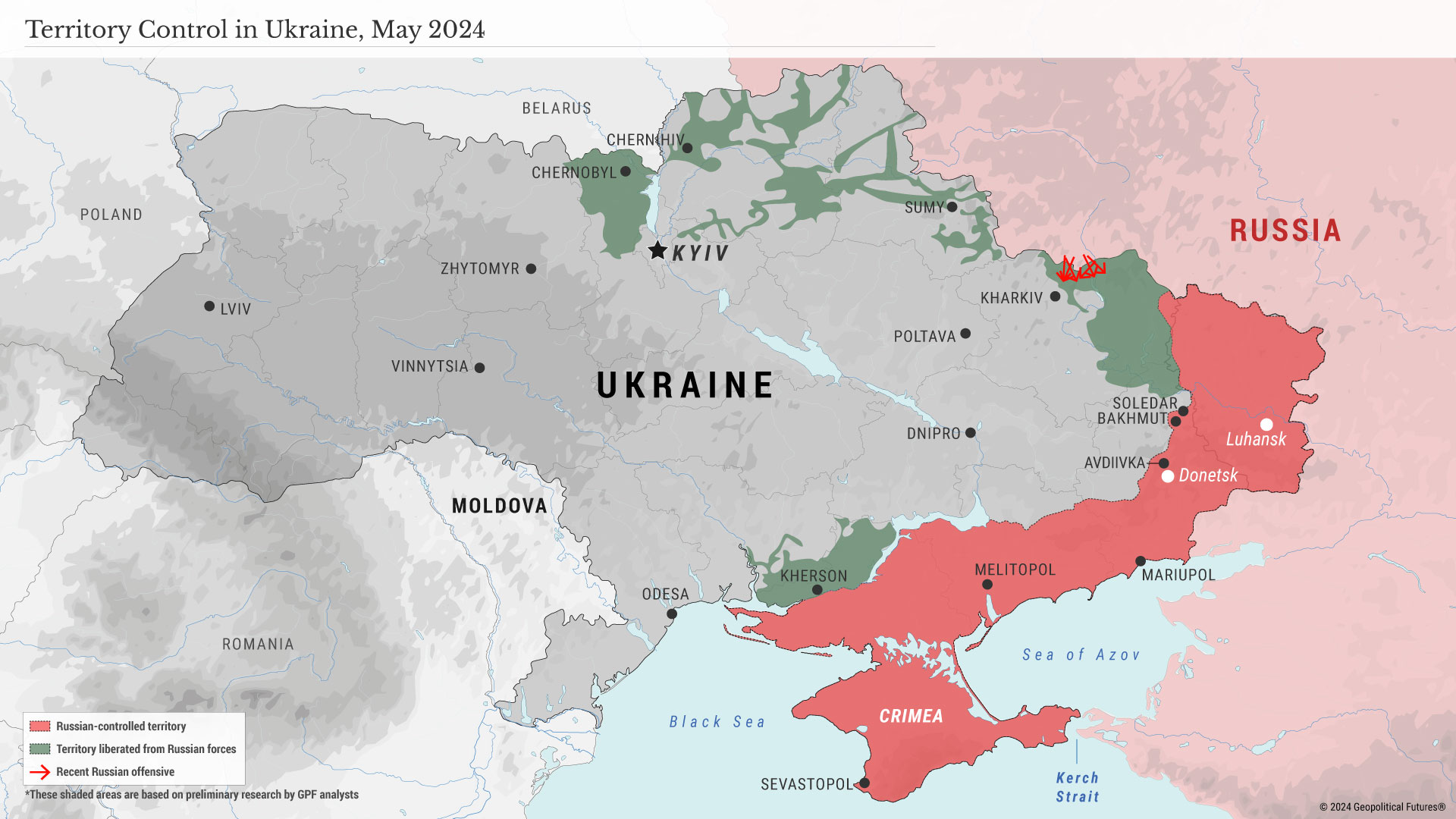The Russian government announced last week a massive shakeup of its senior staff. Several ministers in civilian sectors such as energy, agriculture, industry and trade, and transportation were relieved of their positions, but the most notable departure was Defense Minister Sergei Shoigu, who was replaced by Andrei Belousov, a former assistant to Vladimir Putin and a former minister of economic development. Putin has insisted that Shoigu, the architect of the war in Ukraine, will still be involved in military affairs, and his appointment as secretary of the Security Council is perhaps a testament to the president’s sincerity.
Indeed, there is little reason to believe this is some kind of Stalinist purge. Putin has made every effort to dismiss the idea that the team that managed the war failed. Recent government statements suggest that Putin needs a better balance of military and economic affairs, so installing a former economic development minister to the top defense post makes sense in this regard. Even so, we would be remiss if we neglected to mention reports that one senior Defense Ministry official was arrested and charged with corruption. Whether this is a single event or the beginning of more arrests (or worse) is yet unknown.
It isn’t immediately clear what Putin means in practical terms when he speaks of balancing military and economic affairs, which must be balanced in all wars if armies are to be supplied and citizens fed. Things do not seem especially out of balance in this war, so it might simply be a means of glossing over a radical shift, a way to avoid, to the extent possible, a sense of crisis.
There is in fact not so much a crisis but rather a long-term reality the Kremlin tried to ignore and other participants cannot seem to grasp. Moscow started the war under the assumption Ukraine would be rapidly defeated. That obviously was wishful thinking. Over two years later, Russia holds only 20 percent of Ukrainian territory. Kyiv has even recovered some parts Moscow had taken earlier. There has been a sense throughout the war that Ukraine could be breaking. It hasn’t broken yet, and neither has Russia. But as expectations continue to diverge from reality, that sense has eroded. The emphasis on the economy might be a diversion, part of a belief that the war could be sustained and the public placated if the Russian economy recovered. Putin also met last week with Chinese President Xi Jinping. China has long made it clear that it will not join Russia in combat. But it might support Moscow on the economy. But the Chinese economy has weakened dramatically in the last two years, and the Russians know this.
Putin has mentioned negotiations, which the United States has been floating for some time. Russia has set terms, most notably the ouster of Ukrainian President Volodymyr Zelenskyy. He remains in place, and it would seem that if Russia were to choose between continuing the war and ousting Zelenskyy, it would choose the latter.
It’s hard to know exactly what to make of the government reshuffle. Many familiar names are still in power, and some are overtaking portfolios they seem to have no experience in. This makes little obvious sense, even if it conveys a feeling that time is running out on the war. Of course, it could be a clearing of the deck for a major attack. It makes a good cover. But after two years and limited advances, you don’t need a diversion of weakness. It’s already there.






